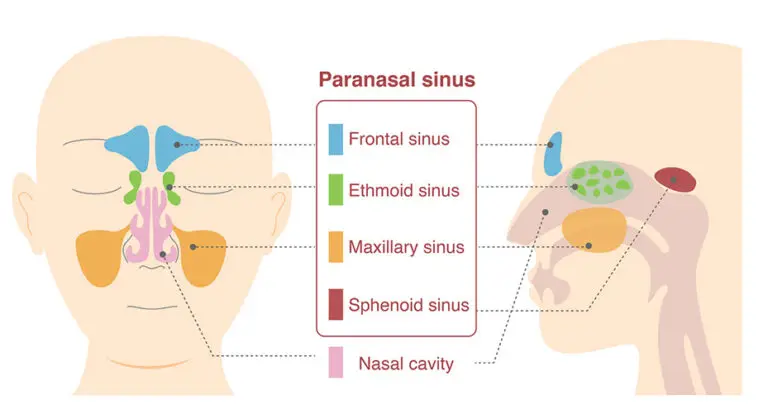Toxic Exposure Risk Activities (TERA) have become a significant topic in the conversation surrounding veteran health and benefits. For many veterans, exposure to hazardous environments during their service has resulted in long-term health challenges.
A significant development in addressing this issue is the implementation of the VA TERA Memorandum under the PACT Act.
The Role of the PACT Act
The PACT Act (Promise to Address Comprehensive Toxics Act) has been a game changer in how the VA system addresses TERA. At Valor 4 Vet, we believe toxic exposures should have always been a key consideration in veterans’ disability claims. Despite the government having exposure data, it was never utilized for disability compensation until the PACT Act’s passage in 2022. This landmark legislation finally acknowledges the profound impact of toxic exposures and ensures that affected veterans receive the care and support they deserve.
Key highlights of the PACT Act include:
- Mandating the documentation of TERA as part of VA healthcare policies.
- Expanding healthcare eligibility for veterans exposed to toxic substances.
- Automatically presuming certain conditions as service-connected for benefits purposes.
- Strengthening the VA’s accountability in addressing exposure-related health concerns.
The PACT Act was the result of extensive advocacy and collaboration between lawmakers, veteran organizations, and affected individuals. Its enactment marked a significant milestone in recognizing the sacrifices of service members exposed to hazardous conditions.
What is a TERA Memo?
The TERA Memorandum, also referenced as the TERA Memo, is a document developed by the VA using data sources maintained by the government. These sources provide information on chemicals and environmental exposures encountered during an individual’s time in service.
How the TERA Memo Is Compiled?
TERA refers to activities that place service members at risk of exposure to hazardous substances, such as burn pits, chemical agents, or contaminated water sources.
The VA relies on various government data sources to collect the data for each individual veteran. For each VA TERA Memo, the VA employee completing the memo has to address multiple information sources:
- Presumptive Exposure Qualification for Herbicides, Radiation, Mustard Gas, and Lejeune Contaminated Water
- Exposure limits in the Individual Longitudinal Exposure Record (ILER)
- Persian Gulf War Service – Sec. 1117 flash and 1117 Memo and location verification
- Toxic Exposure – Sec. 1119 Covered Veteran flash and 1119 memo and location verification
- Deployment related exposures
- Non Deployment related exposures
This information is then analyzed to establish if the veteran participated in a TERA during active military service.
Trouble with TERA
The trouble with the VA TERA Memo involves incomplete records, evolving research, and limited access to the TERA Memo, which can further complicate matters.
The TERA Memo itself is prone to human error, as it is compiled by an employee responsible for sourcing the required data. If the employee is unable to locate the necessary information, the memo may be incomplete or inaccurate.
Moreover, medical professionals, such as C&P Examiners and medical experts, often have limited training regarding the chemical and occupational exposures associated with military service, which can undermine the accuracy of their evaluations.
Compounding these issues, VA Rating Decisions that deny claims frequently reference the TERA Memo without including its data, forcing veterans to request their claims file just to access the memo. This additional hurdle makes it even more difficult for veterans to secure the benefits they deserve.
Conclusion
Toxic Exposure Risk Activities (TERA) and the implementation of the VA TERA Memorandum under the PACT Act mark significant strides in addressing the long-term health effects many veterans face due to hazardous exposures during service. But it doesn’t come without challenges.
If you’re a veteran impacted by toxic exposures and were denied VA benefits, call or text Valor 4 Vet today to see how we may be able to assist with a medical opinion related to your toxic exposure.



